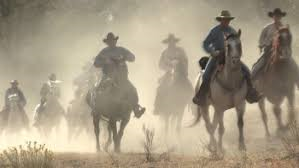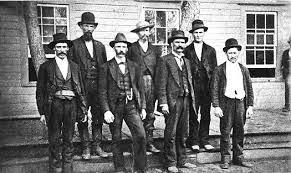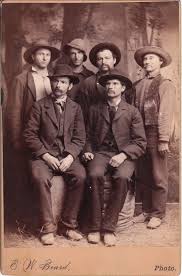Enter to win a copy of
The Principles of Posse Management:
Lessons from the Old West for Today’s Leaders.
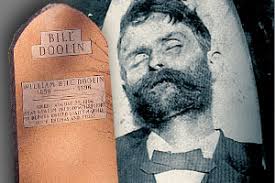
One of the grizzliest battles between outlaws and lawmen took place on September 3, 1893, twelve miles east of Stillwater, Oklahoma, at the town of Ingalls. More than ten people who were situated on the eastern edge of Payne County only a few miles from the rocky retreats and nearly inaccessible wooded areas of Creek County were killed. For some time it had been the spot where a gang of bandits, murderers, train robbers, and horse thieves known as the Doolin-Dalton Gang had made their headquarters.
The two-hundred-fifty people that resided in Ingalls had decided it was better business and safer to accept the outlaws who had overtaken the town than to fight them. In return for not robbing local merchants, outlaws could get drunk in an Ingalls’ saloon without having to shoot their way out, and they could rent a bed in Mary Pierce’s hotel (with or without a girl in it) and not have to worry about waking up with a sheriff’s gun in their chests.
The Doolin-Dalton Gang was the last great bandits of the old West. Bill Doolin and William Dalton worked to together at the HX-Bar Ranch in Oklahoma Territory. In 1891, they decided life as ranch hands was too sedate and traded in their legitimate jobs to rob trains and banks. Federal marshals began pursuing the gang in October 1892, after the daring outlaws attempted a double band holdup in Coffeyville, Kansas. The gang was comprised of more than eight men. In addition to the Dalton boys and Bill Doolin, there were also George Newcomb, alias Bitter Creek, Tom Jones, also known as Roy Daugherty, William “Texas Jack” Blake, and Dan Clifton, alias Dynamite Dick.
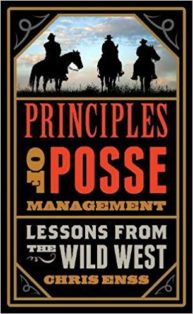
To learn more about the great posses of the frontier read
The Principles of Posse Management:
Lessons from Old West for Today’s Leaders.

